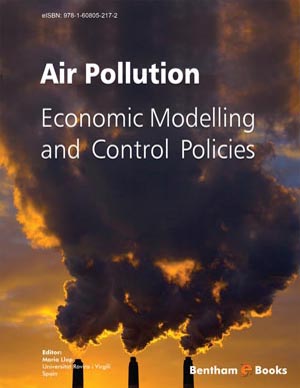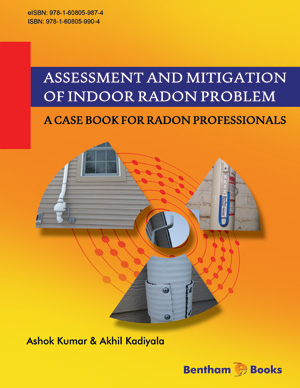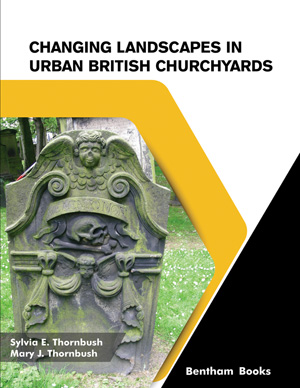Abstract
The study explores the strengths and weaknesses of place identity and related concepts for analyzing certain features of today’s globalized society: changes in transportation routes and mobility patterns, alteration of historic areas in cities, and the transformation of natural and historic landscapes. We present an overview of previous studies in the area and propose a theoretical framework rooted in the domain of Positive Environmental Psychology. The chapter presents and discusses empirical findings related to three main questions: a) mobility and place identity: can mobility generate identity? b) restorativeness: what is the role of historic landscapes as a source of restoration? and c) preference and types of landscape: what is the role of the landscape in place and social identity? The results highlight the importance of the relationship between place identity, landscape and restorativeness. We discuss ways of researching place identity processes in a “positive” manner, oriented to people’s well-being.
Keywords: Place identity, residential mobility, restorativeness, landscape preference, positive environmental psychology.












